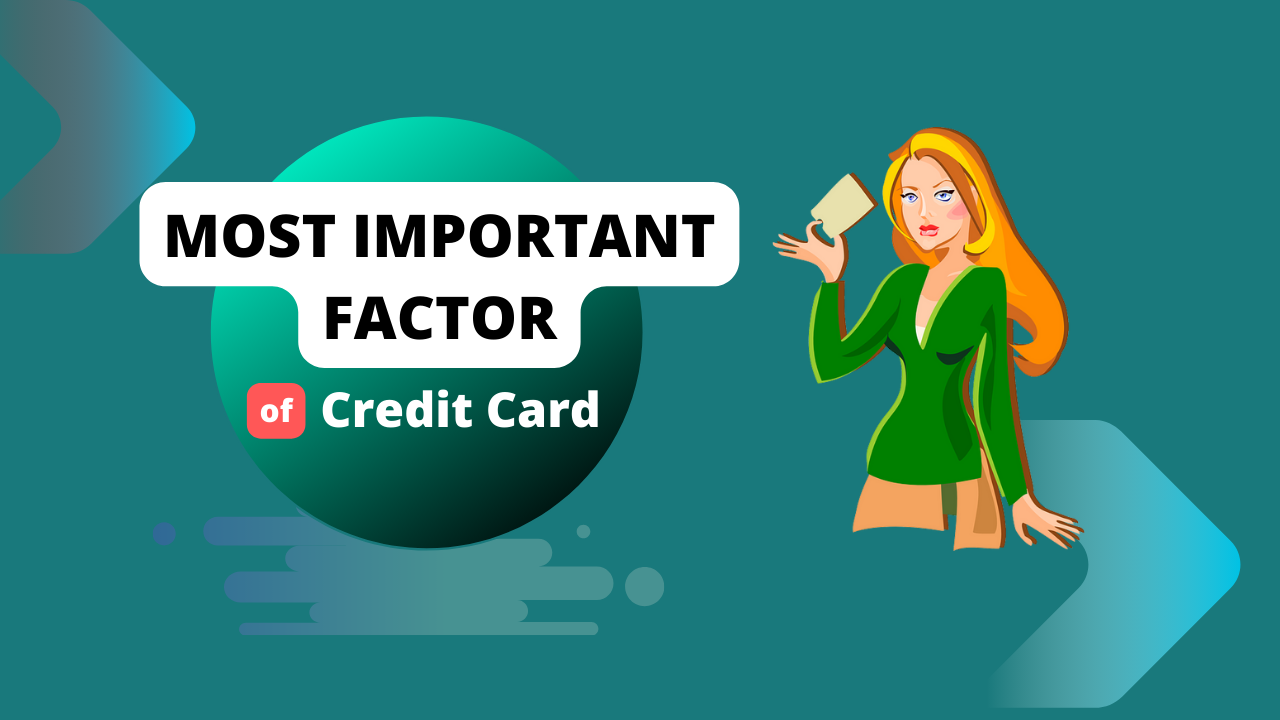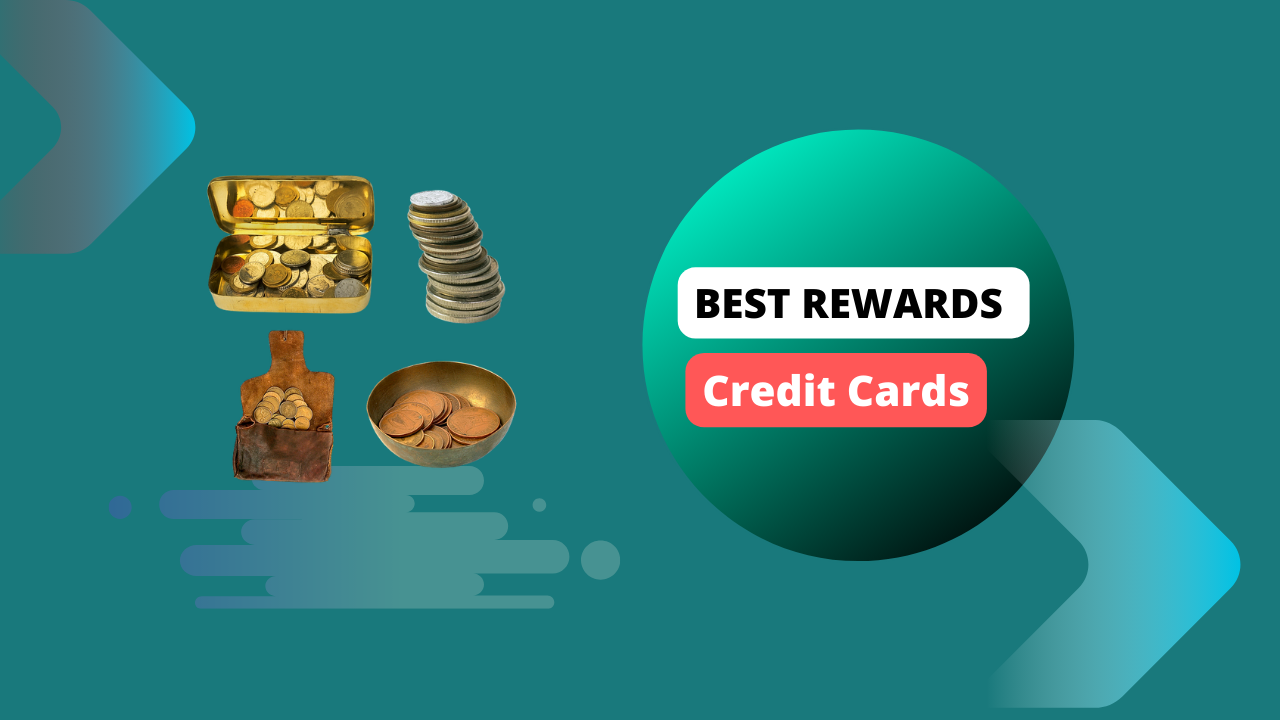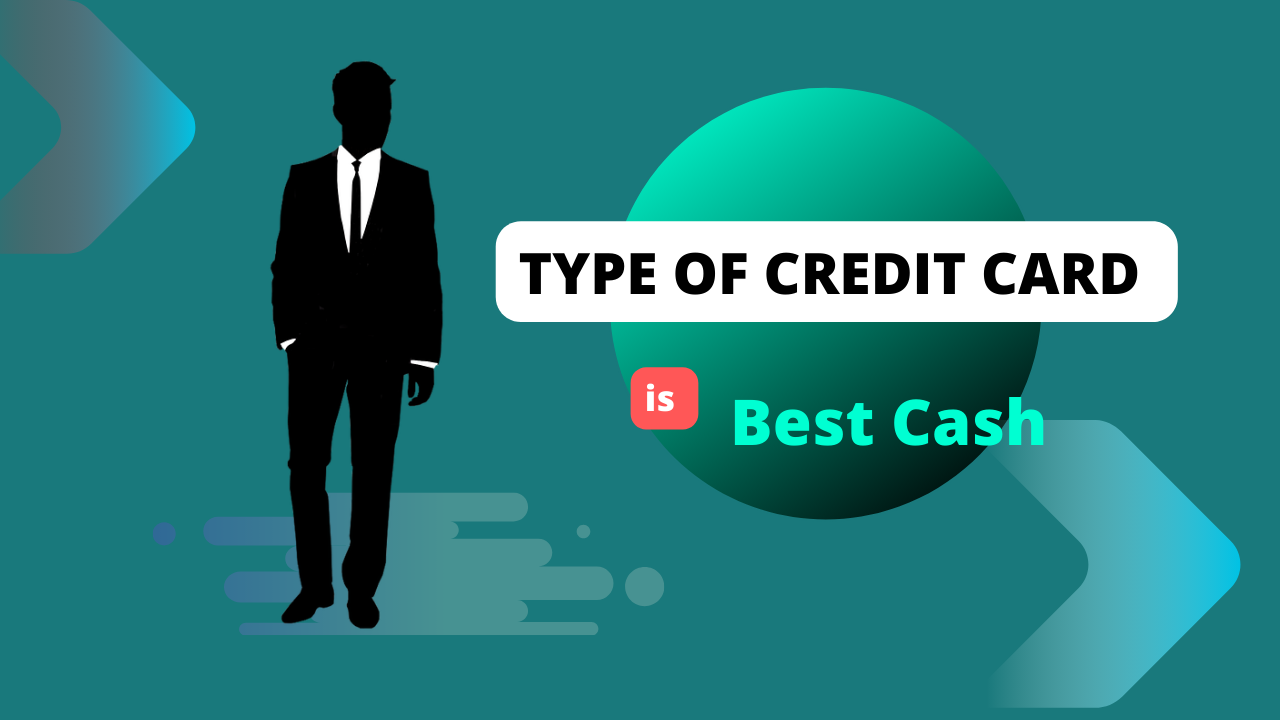In today’s fast-paced society, credit cards have evolved into a vital financial tool for many individuals. They provide convenience, flexibility, and the opportunity to establish a robust credit history. Nonetheless, with a plethora of credit card options available, choosing the right one can seem like a challenging task. Whether you’re an experienced credit card user or a novice, comprehending the most pivotal factors when choosing a credit card is crucial for ensuring you make the optimal choice that aligns with your financial requirements and objectives.
Understanding Your Spending Patterns and Needs
One of the foremost considerations when selecting a credit card is comprehending your personal spending habits and financial necessities. Are you a frequent traveler seeking travel rewards, or are you aiming to consolidate and manage your existing debts? Evaluating your spending patterns will assist you in ascertaining whether a rewards card, a low-interest card, or a balance transfer card would be the most suitable option for you.
Interest Rates and Annual Percentage Rate (APR)
Interest rates and the Annual Percentage Rate (APR) play an instrumental role in determining the overall cost of using a credit card. A low APR is imperative if you plan to carry a balance from month to month, while a higher APR might be acceptable if you intend to pay off your balance in full each month.
Rewards and Benefits: Identifying Cards that Align with Your Lifestyle
Credit card companies frequently provide an array of rewards and benefits to entice customers. These perks can encompass cashback on purchases, travel rewards, discounts, and more. Opting for a card that corresponds with your lifestyle and spending habits can aid you in maximizing the value you derive from your credit card utilization.
Annual Fees and Other Charges
Certain credit cards come with annual fees, which can substantially impact the card’s overall value. While fee-bearing cards may offer premium benefits, it’s vital to weigh these benefits against the cost of the fee itself.
Credit Limit and Utilization
The credit limit establishes the maximum amount you can charge to your credit card. Maintaining a low credit utilization ratio (the percentage of your available credit that you’re using) is essential for building and sustaining a healthy credit score.
utilization ratio (the percentage of your available credit that you’re using) is essential for building and sustaining a healthy credit score.
Introductory Offers
Balancing Short-Term Gains and Long-Term Benefits
Many credit cards allure new applicants with enticing introductory offers, such as 0% APR for a specified period or bonus rewards. It’s imperative to consider how these short-term benefits align with your long-term financial goals.
Building and Rebuilding Credit
For individuals seeking to establish or mend their credit, opting for a credit card tailored for these objectives can be influential. These cards often entail lower credit requirements and may offer tools to aid you in monitoring and enhancing your credit.
Customer Service and Online Tools
Dependable customer service and user-friendly online tools are indispensable for a seamless credit card experience. Having easy access to account information, payment options, and support can render the management of your credit card more convenient.
Reputation and Credibility of the Issuing Bank
The reputation and credibility of the bank issuing the credit card bear significance. Established and reputable banks are more inclined to offer transparent terms, equitable practices, and superior customer service.
Security Features and Fraud Protection
Credit card security assumes paramount importance. Seek cards that furnish robust security features, like EMV chips, two-factor authentication, and fraud protection services, to safeguard your financial information.
Flexibility in Payment Options
Flexibility in payment options, such as the capacity to establish automatic payments or select your payment due date, can facilitate the more effective management of your credit card payments.
Compatibility with Mobile Wallets and Payment Systems
As digital payment methods gain popularity, owning a credit card that is compatible with mobile wallets and diverse payment systems can enhance your convenience.
Perusing the Fine Print
Terms and Conditions
Prior to committing to a credit card, it’s vital to peruse and comprehend the terms and conditions. Pay heed to interest rates, fees, grace periods, and any potential penalties.
Seeking Expert Advice
Financial Advisors and Credit Counselors
If you find yourself uncertain about which credit card to opt for, soliciting advice from financial advisors or credit counselors can furnish valuable insights and guidance tailored to your specific financial scenario.
Conclusion
The process of selecting the right credit card is a decision that should be executed with prudent consideration of your financial objectives, spending habits, and lifestyle. By concentrating on the factors delineated above and dedicating time to scrutinize and compare various credit card options, you can arrive at an informed decision that is in harmony with your financial well-being.
FAQs
Q: How do I ascertain which credit card rewards are most suitable for me?
A: Evaluate your spending behaviors and inclinations to select rewards that harmonize with your lifestyle, such as travel rewards for frequent globetrotters or cashback for everyday expenditures.
Q: Can I negotiate the annual fee on a credit card?
A: Certainly, some credit card companies may be open to negotiations or fee waivers, particularly if you’re a longstanding customer or a high-spending cardholder.
Q: What distinguishes a secured card from an unsecured card?
A: A secured credit card necessitates a security deposit that functions as collateral. In contrast, an unsecured credit card doesn’t mandate a deposit but may have more stringent credit prerequisites.
Q: How does an increase in my credit limit affect my credit score?
A: An augmentation in your credit limit can enhance your credit utilization ratio, which might have a beneficial impact on your credit score, provided you don’t concurrently escalate your spending.
Q: What should be my course of action if my credit card is misplaced or stolen?
A: Promptly get in touch with your credit card issuer to report the loss or theft. Most issuers extend 24/7 customer service to address such emergencies.



